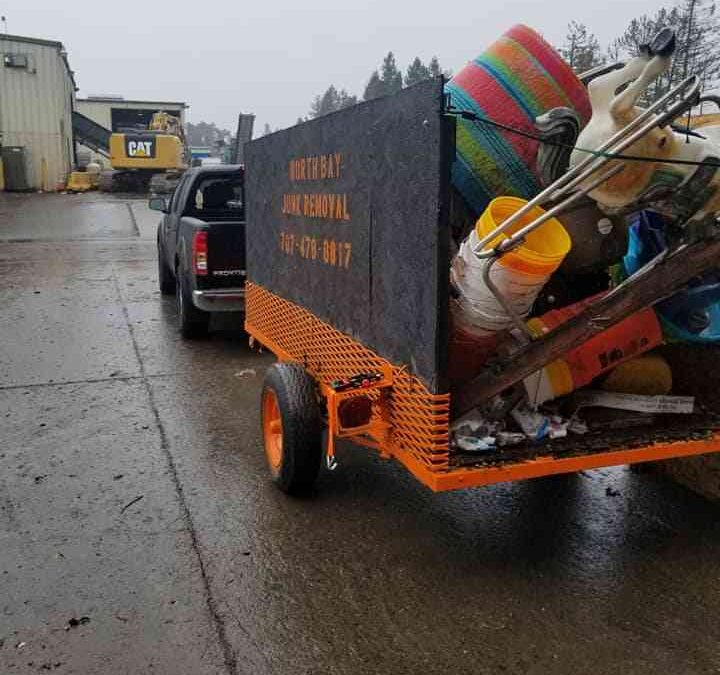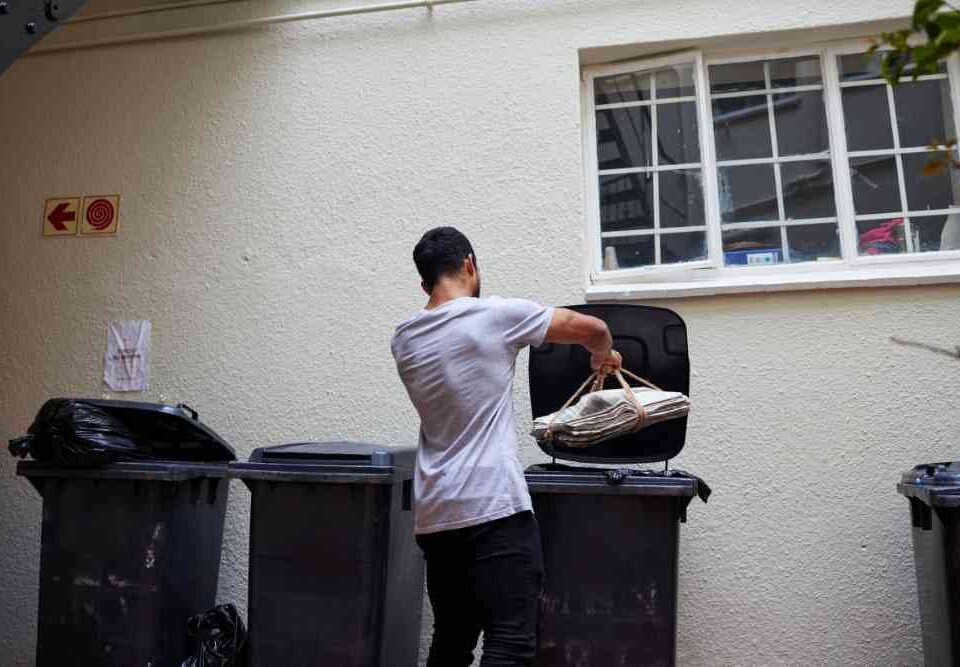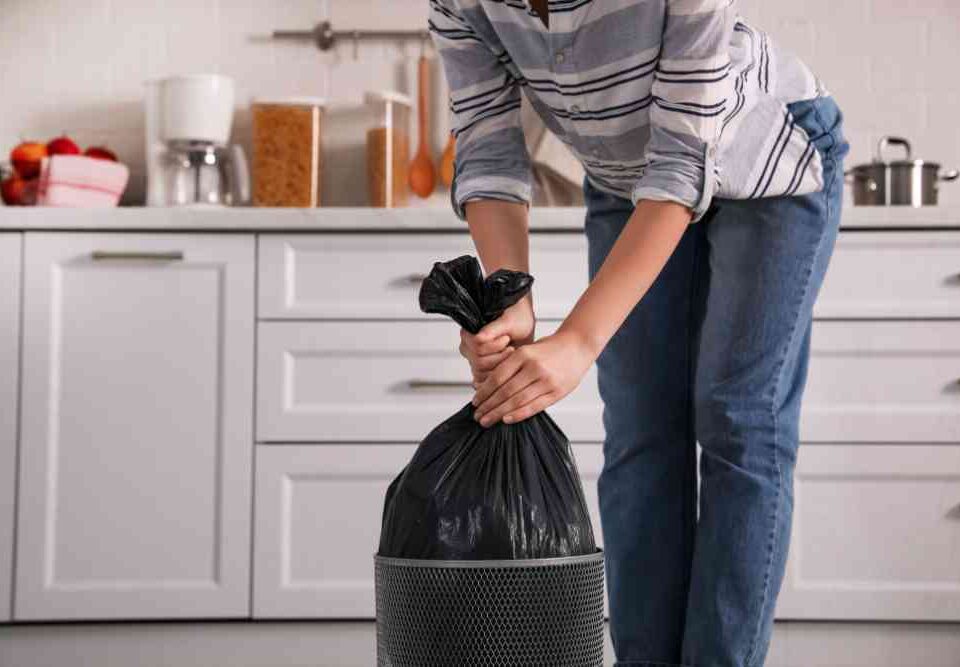
How Junk Removal Services Are Reducing the Strain on Landfills
September 25, 2025
The Growing Demand for Sustainable Junk Removal Solutions
September 25, 2025Why Eco-Friendly Junk Removal is Crucial for the Next Generation
The choices we make today about how we handle waste will shape the world our children inherit tomorrow. As consumer habits evolve, so does the amount of junk produced, ranging from furniture and electronics to construction debris. If these items are not managed responsibly, they contribute to overflowing landfills, polluted waterways, and dwindling resources. Eco-friendly junk removal provides a solution that goes beyond simple cleanup—it is an investment in the health of future generations. By recycling, reusing, and reducing, sustainable disposal practices ensure that tomorrow’s communities thrive in cleaner, greener environments where balance between convenience and responsibility becomes a norm.
Understanding the long term impact of waste
When waste is discarded without consideration, its effects linger for decades, sometimes even centuries. Plastics can take hundreds of years to decompose, while electronic waste can release harmful toxins into the soil and water supply. This poses long-term threats not only to ecosystems but also to human health. The consequences are particularly severe for future generations, who will inherit the problems caused by irresponsible disposal today.
Eco-friendly junk removal addresses these risks by prioritizing methods that reduce environmental harm. Through recycling, composting, and safe disposal, harmful materials are diverted away from landfills. By recognizing waste as a resource that can be managed thoughtfully rather than as a burden to be buried, sustainable junk removal helps ensure that the next generation inherits a safer and more balanced environment.
The role of recycling in protecting future resources
Recycling plays a central role in conserving natural resources. Many everyday items contain materials that can be recovered and reused, such as metals, plastics, and glass. Without recycling, these valuable resources are wasted, forcing industries to extract more raw materials from the earth. This practice depletes natural reserves and disrupts ecosystems, creating long-term challenges for future generations.
Eco-friendly junk removal ensures recyclable materials are separated and processed correctly. This not only reduces landfill waste but also preserves resources for the future. Children growing up in a world where recycling is normalized will benefit from reduced environmental degradation and greater resource availability. By integrating recycling into junk removal practices, society can significantly ease the pressure on natural systems, making sustainable living a standard rather than an afterthought.

Donation and repurposing as sustainable solutions
Not everything that is removed from homes or businesses qualifies as junk. Many items—furniture, appliances, clothing, or office equipment—still retain value and functionality. Eco-friendly junk removal emphasizes donation and repurposing, redirecting these items to local charities or community organizations. By extending the life of goods, this practice reduces waste and supports those in need.
For the next generation, donation programs create a culture of reuse rather than disposability. It encourages children and young adults to view unwanted items as opportunities for others instead of destined for landfills. Repurposing also inspires creativity, showing how materials can be transformed into something useful once again. These sustainable solutions contribute to a circular economy, where resources are continually cycled back into use, ensuring that future generations grow up with a mindset of conservation rather than excess.
The link between junk removal and climate change
Improper waste management significantly contributes to climate change. Landfills are major sources of methane gas, a greenhouse gas far more potent than carbon dioxide. As waste breaks down anaerobically, these emissions accumulate, intensifying global warming. This environmental burden directly affects the climate patterns that future generations will face.
Eco-friendly junk removal offers a practical solution by reducing reliance on landfills. Recycling and composting processes significantly lower methane emissions, while repurposing reduces demand for new products and the associated energy use in manufacturing. Each piece of junk diverted from a landfill helps mitigate climate change impacts, making eco-conscious junk removal a vital strategy in addressing one of the most pressing challenges of our time. For the next generation, these efforts represent meaningful steps toward ensuring a stable and habitable climate.
How sustainable junk removal supports healthier communities
Communities are directly impacted by how waste is managed. Improper disposal can contaminate soil, pollute air, and compromise water supplies, all of which lead to public health concerns. Children, in particular, are vulnerable to the effects of toxins released by electronic waste, chemicals, and other hazardous materials.
Sustainable junk removal minimizes these risks by ensuring materials are handled responsibly. Hazardous items are directed to appropriate facilities where they can be safely processed, while recyclable and reusable goods are diverted from waste streams. By reducing pollution, eco-friendly disposal promotes cleaner neighborhoods, healthier families, and stronger communities. For the next generation, this translates into safer spaces to live, learn, and grow—an invaluable benefit made possible by today’s responsible decisions about waste.
The economic benefits of eco-friendly junk removal
Sustainable junk removal is not just about protecting the environment—it also makes financial sense. Recycling creates jobs, donation programs reduce costs for community services, and landfill fees are avoided when items are diverted elsewhere. Businesses that embrace eco-friendly disposal can also improve their reputations, appealing to environmentally conscious consumers.
For future generations, these economic benefits create stability and opportunity. A strong recycling industry provides employment, while lower disposal costs ease financial burdens on communities. Children who grow up in an economy that values sustainability will inherit systems that are resilient and resource-efficient. By investing in eco-friendly junk removal today, we create not only environmental benefits but also a stronger economic foundation for the generations to come.
Innovations shaping the future of junk removal
The future of junk removal is being shaped by innovation. New technologies make it easier to recycle complex materials, such as electronics or construction debris, while digital platforms increase transparency in disposal processes. Customers can now track where their items go, ensuring accountability and trust.
For the next generation, these innovations set higher standards for sustainability. Instead of relying on outdated practices, they will benefit from advanced systems that maximize efficiency and minimize environmental impact. Innovations also drive cultural change, normalizing responsible waste management as an integral part of everyday life. Junk removal is no longer just about clearing space—it is about leveraging creativity and technology to build a cleaner, more responsible future.
The importance of education in eco-friendly practices
Awareness is key to creating long-term change. Many people still lack knowledge about how their waste habits affect the environment, or how eco-friendly junk removal can make a difference. Education bridges this gap by teaching individuals and businesses about recycling, donation, and responsible disposal practices.
By embedding these lessons into schools, community programs, and business policies, the next generation grows up with a strong understanding of sustainability. Junk removal companies that prioritize education not only provide services but also empower people to make better decisions about waste. With increased knowledge, future communities will be equipped to take proactive steps in reducing environmental harm. Education ensures that eco-friendly junk removal is not just a service, but a shared responsibility passed down to the generations that follow.
Building a culture of sustainability through junk removal
Culture plays a significant role in shaping habits. When eco-friendly junk removal becomes a cultural norm, individuals and businesses are more likely to adopt sustainable practices. Over time, these habits influence consumer choices, business policies, and even government regulations.
For future generations, growing up in a culture that values sustainability means that eco-conscious living will feel natural rather than forced. Junk removal serves as a visible reminder of how small actions contribute to larger environmental outcomes. By embedding sustainability into the culture through junk removal practices, society can ensure that tomorrow’s leaders are equipped with the mindset and values necessary to protect the planet.
Preparing the next generation for responsibility
Ultimately, eco-friendly junk removal is about preparing the next generation to inherit a world where waste is managed responsibly. By setting strong examples today, we instill values of accountability, conservation, and respect for the environment. Children who see their families and communities engaging in sustainable practices are more likely to adopt these behaviors themselves.
This preparation is vital as the challenges of climate change, population growth, and resource scarcity intensify. Tomorrow’s leaders will need to build on today’s efforts to ensure progress continues. Eco-friendly junk removal provides a foundation for this preparation, demonstrating that responsibility and practicality can work hand in hand. The next generation deserves a world where sustainability is not optional but essential—and it begins with the choices we make about waste today.
Conclusion
Eco-friendly junk removal is more than a service—it is a commitment to safeguarding the future. The way we handle waste directly influences the health of our environment, the stability of our communities, and the opportunities available for future generations. By prioritizing recycling, repurposing, donation, and safe disposal, we ensure that our actions today leave a positive legacy. The next generation deserves clean air, safe water, and thriving ecosystems, and sustainable junk removal is one of the most practical ways to achieve that vision. For professional support, North Bay Junk Removal in Santa Rosa, CA, offers reliable solutions rooted in care for both the environment and the community. Call 707-478-6817 to schedule junk removal and take an important step toward protecting the planet for the generations yet to come.




